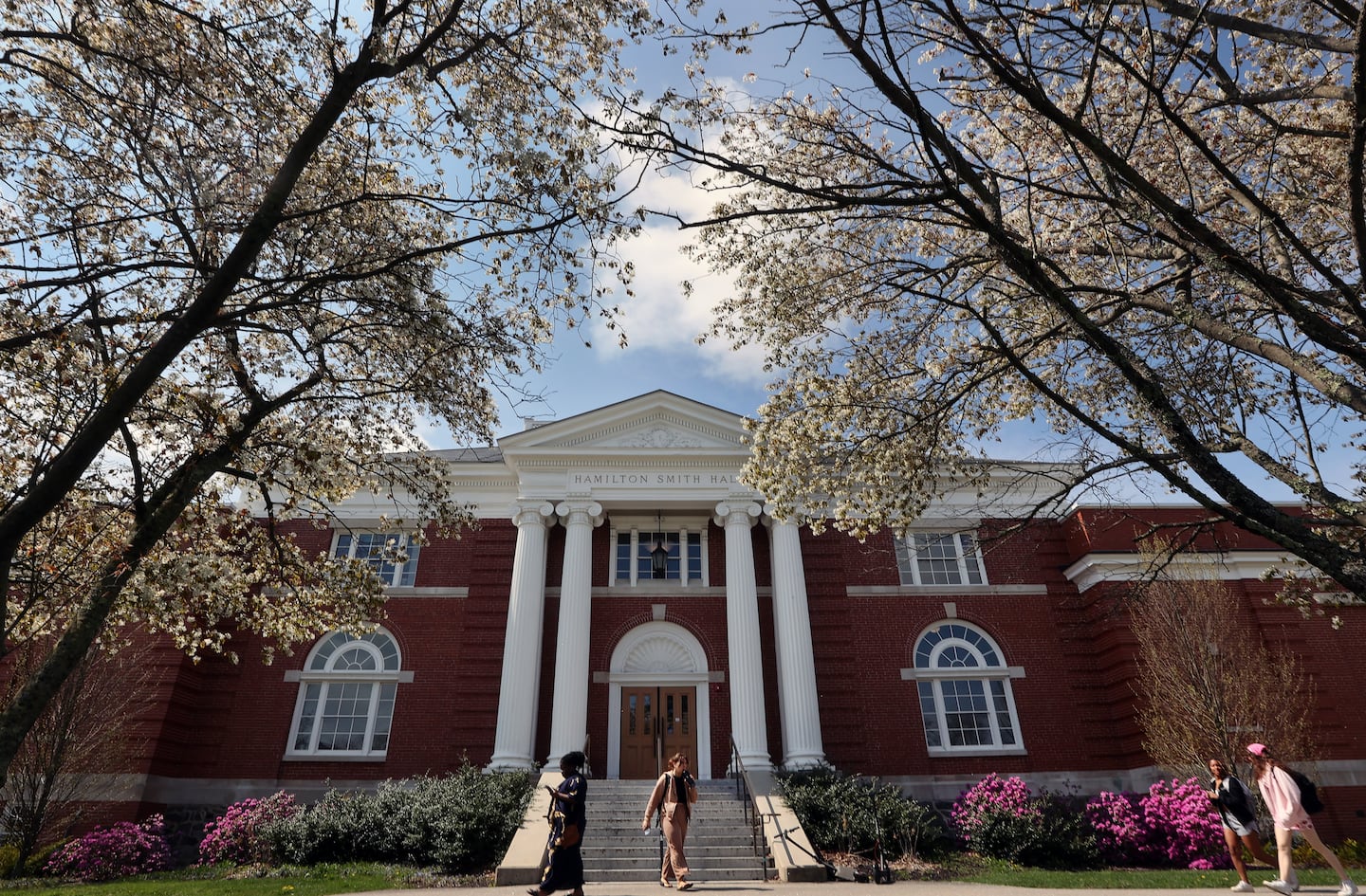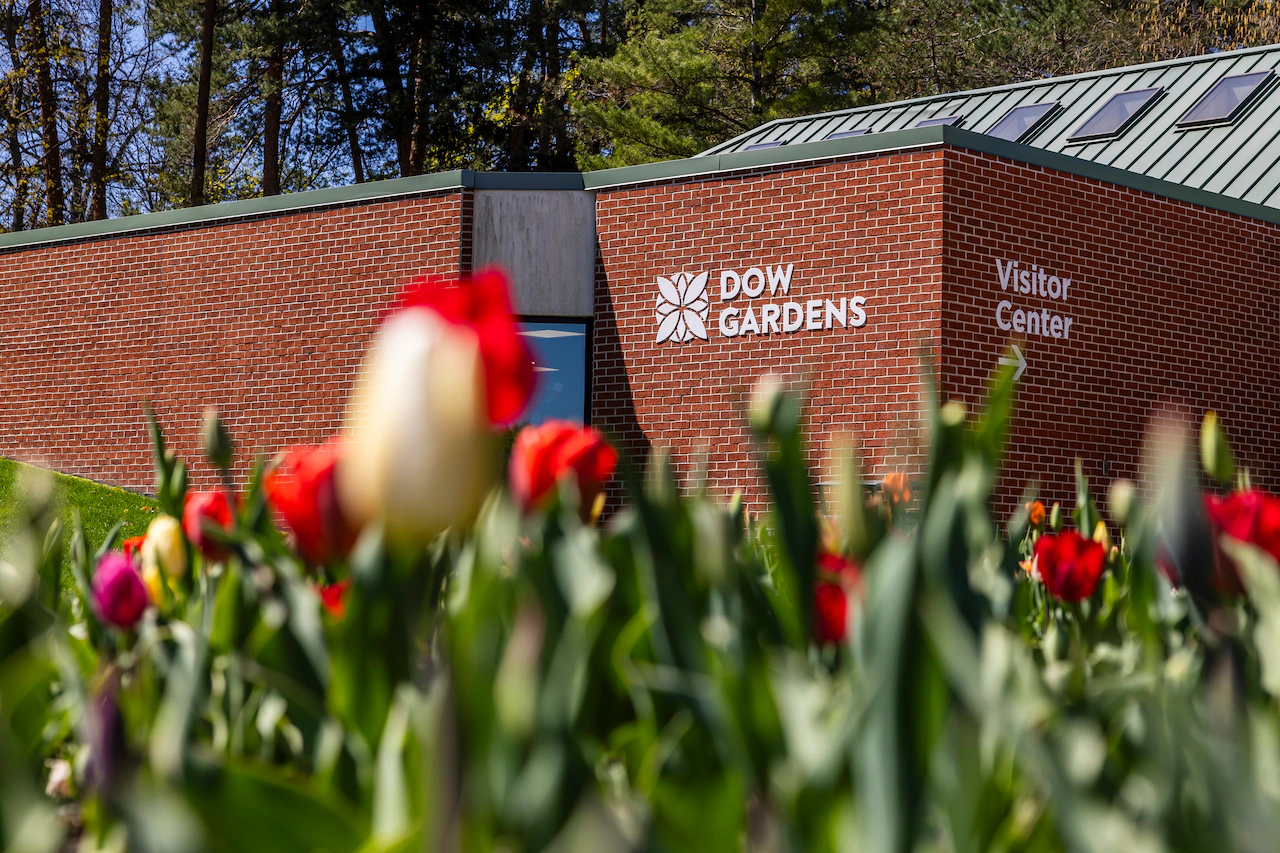
US Senator Daniel Patrick Moynihan once remarked that, “if you want to build a great city, build a great university and wait 200 years.” He recognized that strong universities attract students, scholars, and investment to a region, leading to new businesses, cultural vibrancy, and an invigorated civic life. Public investment in public institutions, like universities, can also drive regional growth.
New Hampshire’s state budget appears bent on achieving the opposite result. New Hampshire is fortunate to have high-quality colleges and universities. But, according to the New Hampshire Fiscal Policy Institute, the state’s budget for the next two years slashes the state university system’s allocation by $35 million compared with the previous two years, representing a 17.6 percent decrease in state support.
In the short term, these cuts may have helped New Hampshire’s leaders avoid tough fiscal decisions. Over the long term, chronically — and now increasingly — underfunding New Hampshire’s universities will sacrifice potential economic growth and push younger residents out of state.
Underfunding New Hampshire’s universities diminishes the state’s potential economic development prospects. The benefits that well-funded public universities provide do not only accrue to their students. Universities provide public benefits, too. Businesses need qualified workers, and many jobs that New Hampshire businesses need filled require a college education. But on a more fundamental level, investment in public universities can form the bedrock of strong, sustained economic growth.
Advertisement
Take Virginia and North Carolina, for example. Both of those states have booming knowledge-based economies, with businesses drawn to both states in part because of their highly ranked public universities (and the highly educated workers, highly qualified researchers, and potential for public-private partnerships those universities provide).
In North Carolina’s research triangle, two major public universities, UNC Chapel Hill and NC State, have driven the explosive growth of high-tech research and manufacturing in that state. Similarly, Virginia’s Economic Development Partnership touts that Commonwealth’s universities as one of top reasons for its business-friendly reputation.
While those states and others are attracting new people and investment, New Hampshire’s policies have the potential to push its young residents out. Even before these cuts, New Hampshire trailed every other state in the amount of support it provides its public universities.
In turn, New Hampshire’s students face some of the highest in-state tuition costs in the country. These high prices disincentivize New Hampshire’s young residents from staying in-state for higher education. And when those students leave for higher education, many settle down in new home states. Given that New Hampshire residents are, on average, older than any other state outside New England, losing young residents should be of particular concern.
To build a strong, dynamic economy, New Hampshire needs to maximize the public benefits strong, dynamic universities provide. The benefits that state universities provide may take a generation or longer to materialize, as Senator Moynihan recognized. But a failure to invest in public institutions — like universities — mortgages the state’s future for the benefit of the present.
Advertisement
Connor Sakati is a New Hampshire-barred attorney, former Teach for America public high school teacher, and product of New Hampshire’s primary and secondary public schools.



